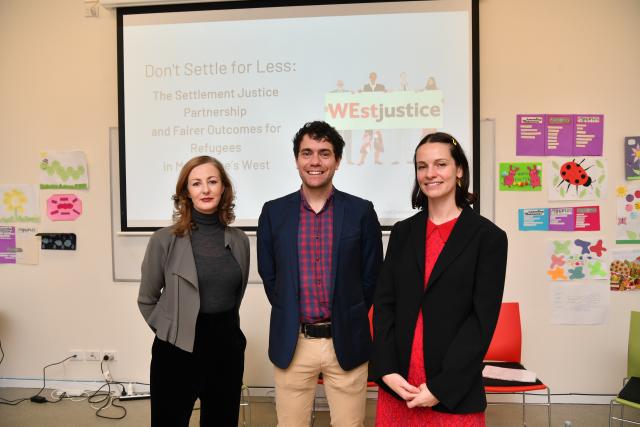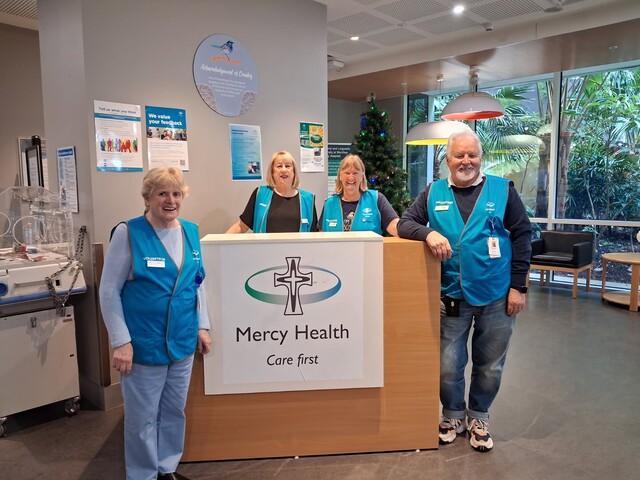Language and digital barriers are preventing refugees and migrants in Melbourne’s west from accessing essential services.
That’s one of the key findings in the ‘Don’t Settle for Less’ report from community legal service West Justice and launched by Federal Attorney General Mark Dreyfus on Friday, July 28.
The report, co-authored by West Justice program manager Tess Matthews and legal director Joseph Nunweek, is based on the pilot phase of its Settlement Justice Partnership (SJP) initiative, where lawyers were placed in settlement support agencies in Melbourne’s west and helped clients alongside community and settlement workers.
“We wanted to address these barriers by providing services at places where new migrants were already going for their settlement support, Ms Matthews said of the motivation behind the pilot.
Along with showcasing the pilot program, ‘Don’t Settle For Less’ also highlights the issues newly arrived refugees regularly encountered.
Ms Matthews said difficulty accessing legal and financial help were chief among them.
“People who had a problem with an insurer who didn’t provide an interpreter over the phone or people who’d been scammed trying to urgently report their loss and stop further losses from occurring, but who the bank didn’t provide an interpreter for and instead said they would need to go to a physical branch during the middle of lockdown.”
Based at MiCare and the Wyndham Community and Education Centre in Werribee, most clients were from Myanmar or parts of Africa such as Sudan, South Sudan, Ethiopia and Eritrea, reflecting the refugee population of the area.
Ms Matthews said some were more likely to have trouble accessing help than others.
“Anybody who’s come to Australia and spent a significant period time in a refugee camp is likely to have had little opportunity to learn English or access things like smartphones and computers and be able to confidently use digital systems.”
The report found that providing wrap-around refugee support services was effective in overcoming these barriers and recommended it be expanded further.
In the last state budget, the SJP initiative was funded for the next two years.
Ms Matthews said while this was welcome, more fundamental change was required.
“We need to think differently about how we provide access to essential services and the way in which legal administrative and economic systems create barriers to social and economic inclusion for newly arrived migrants.”







